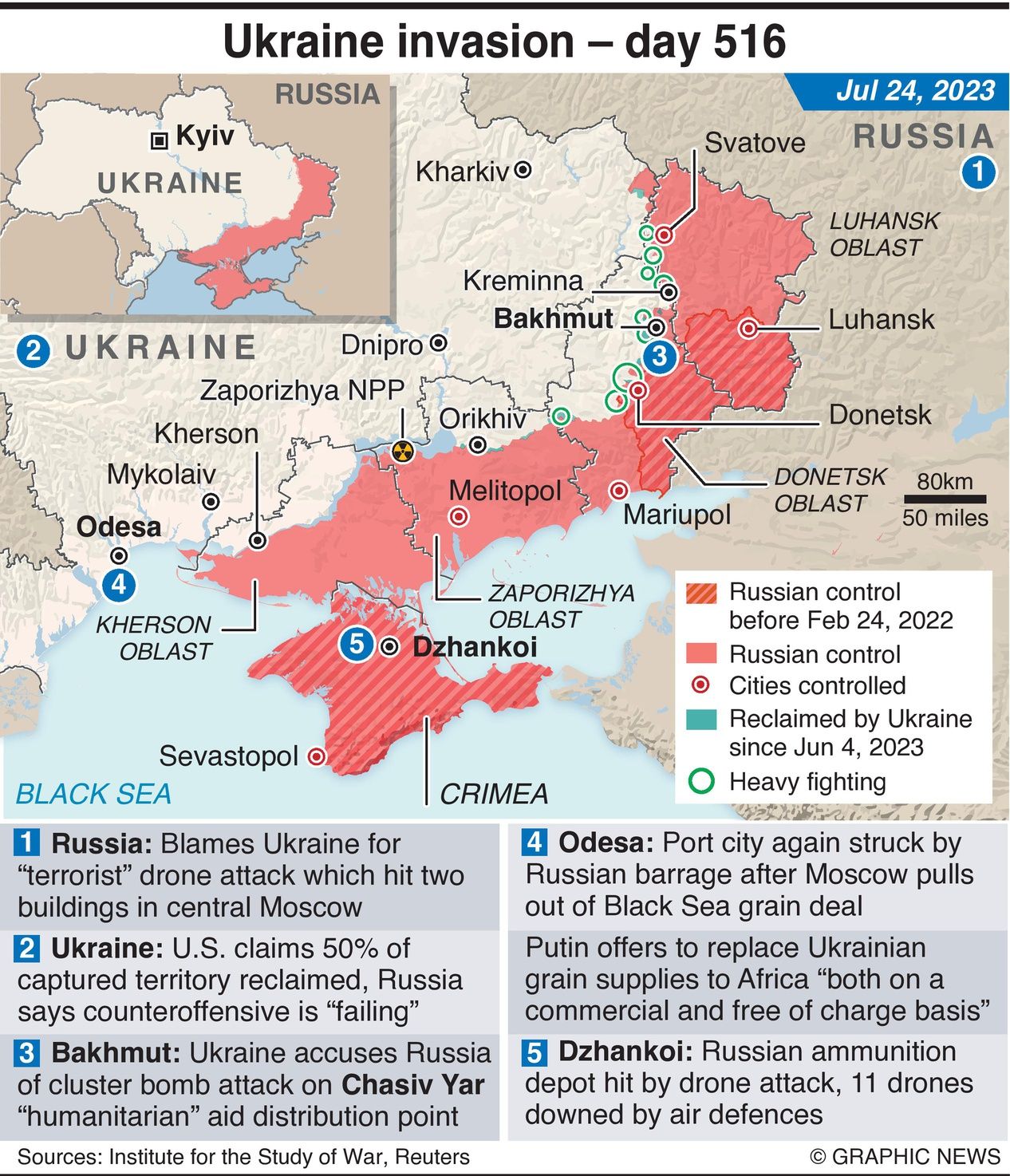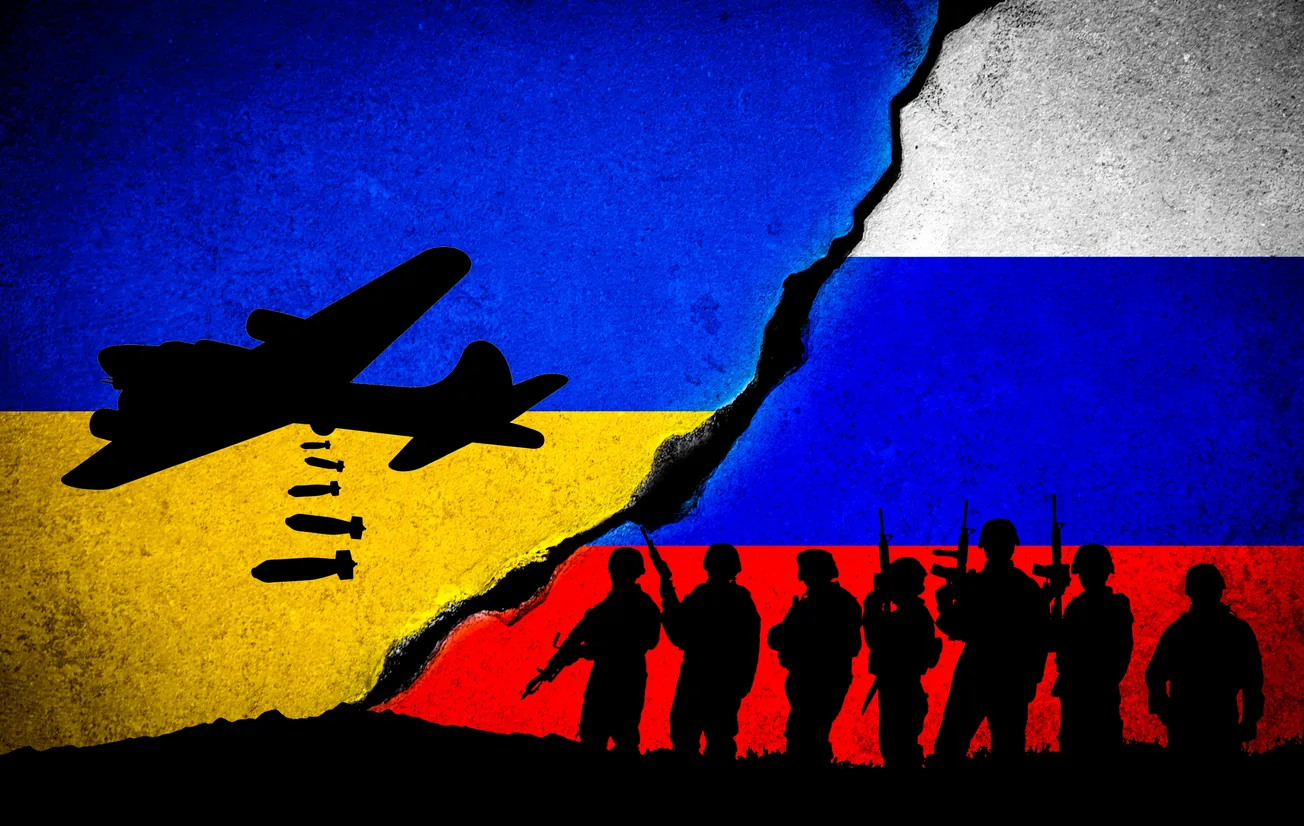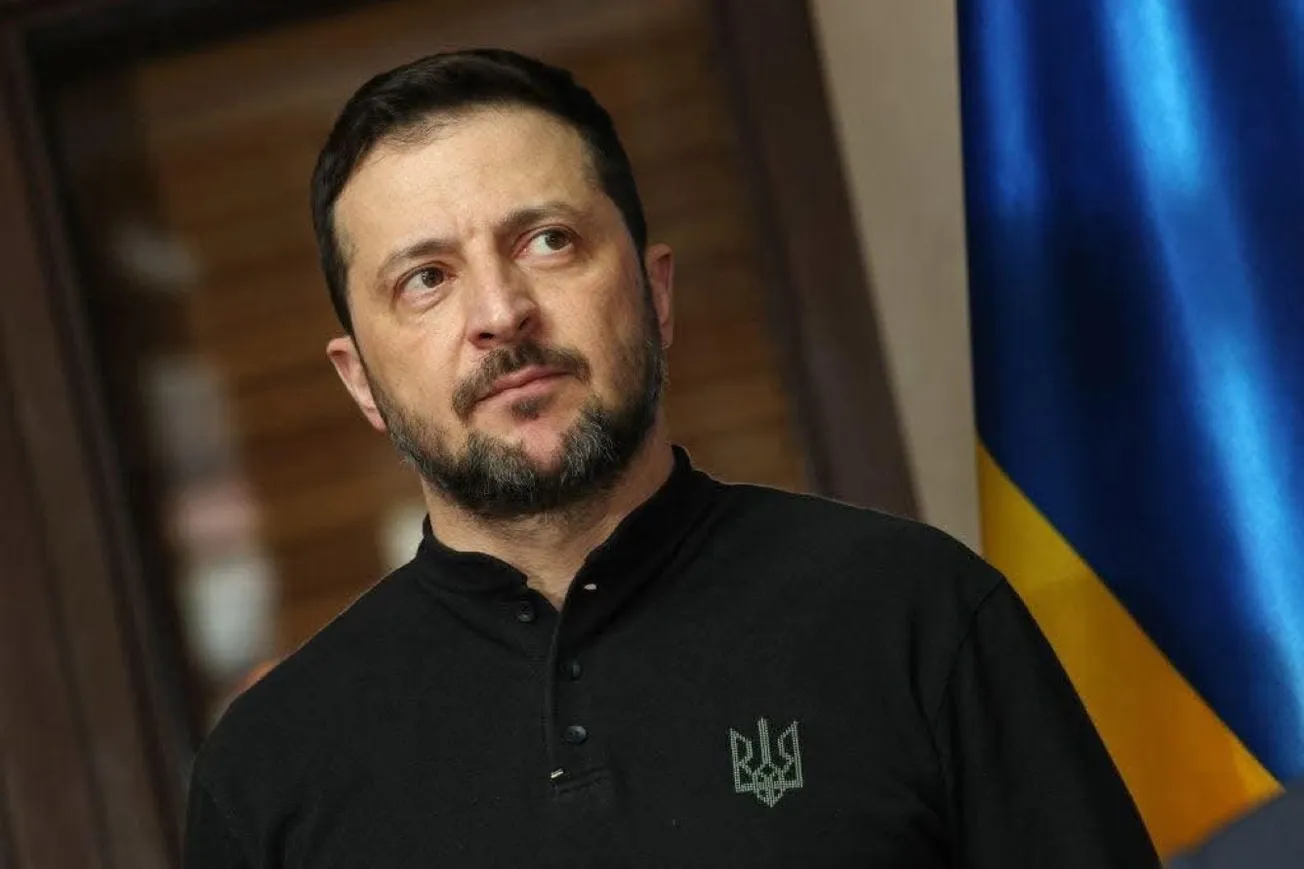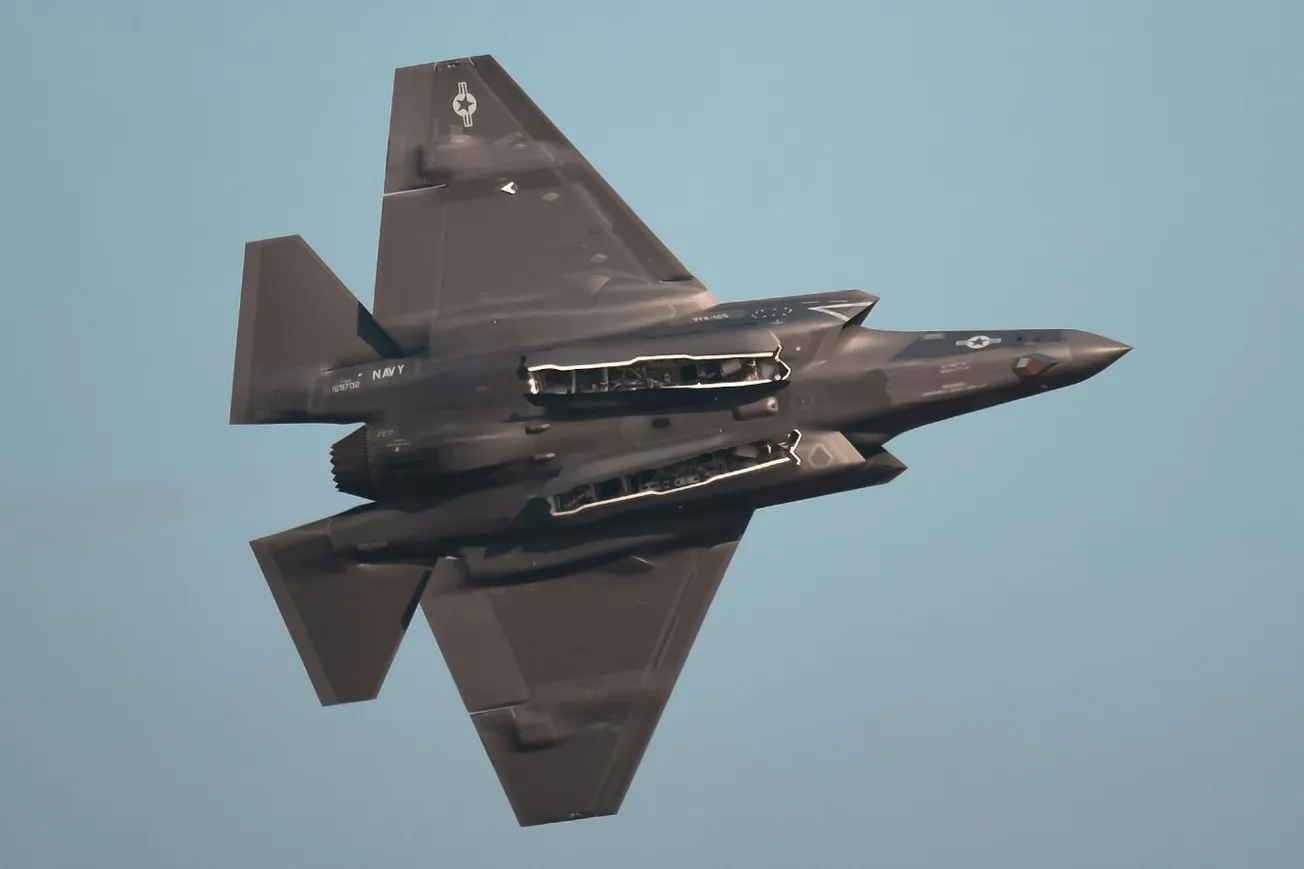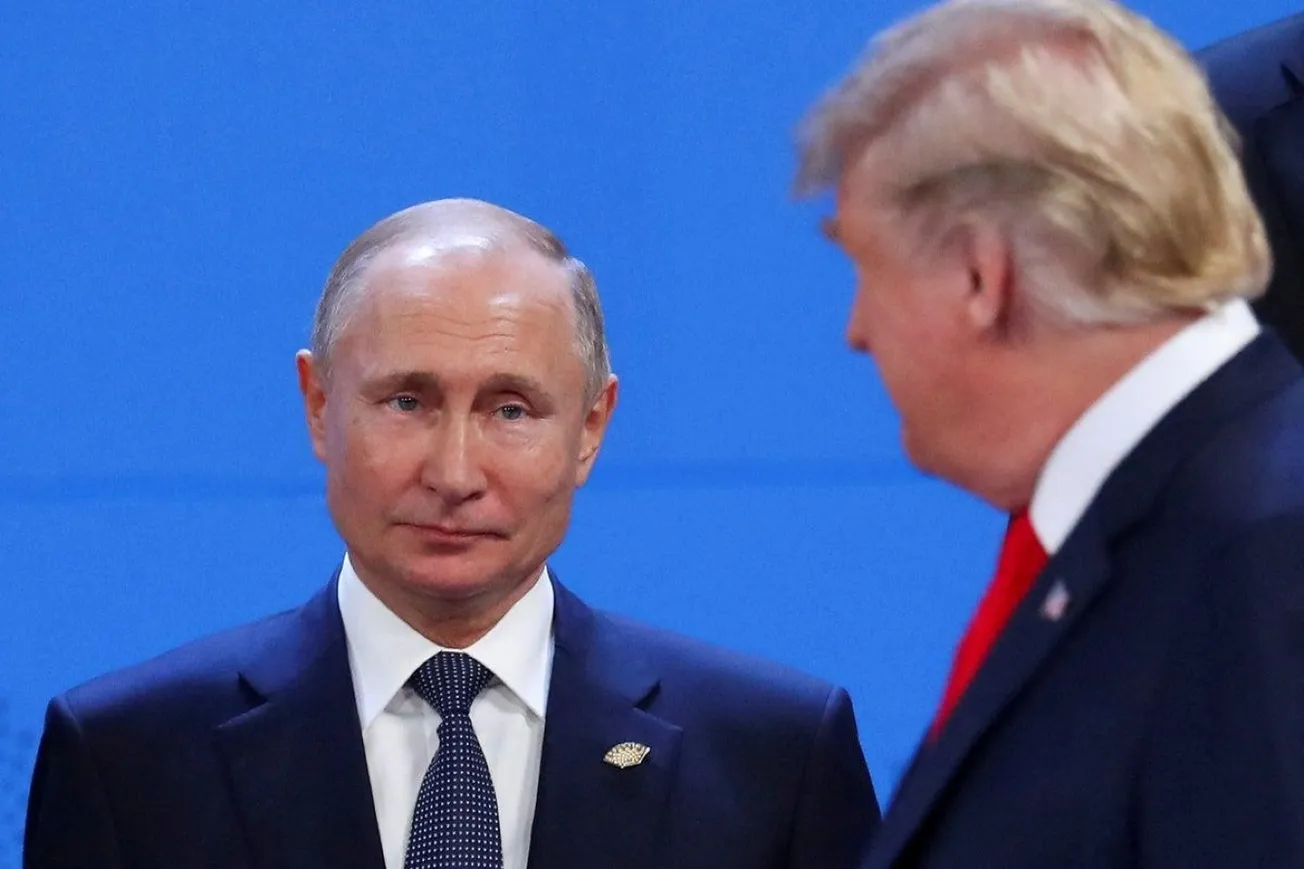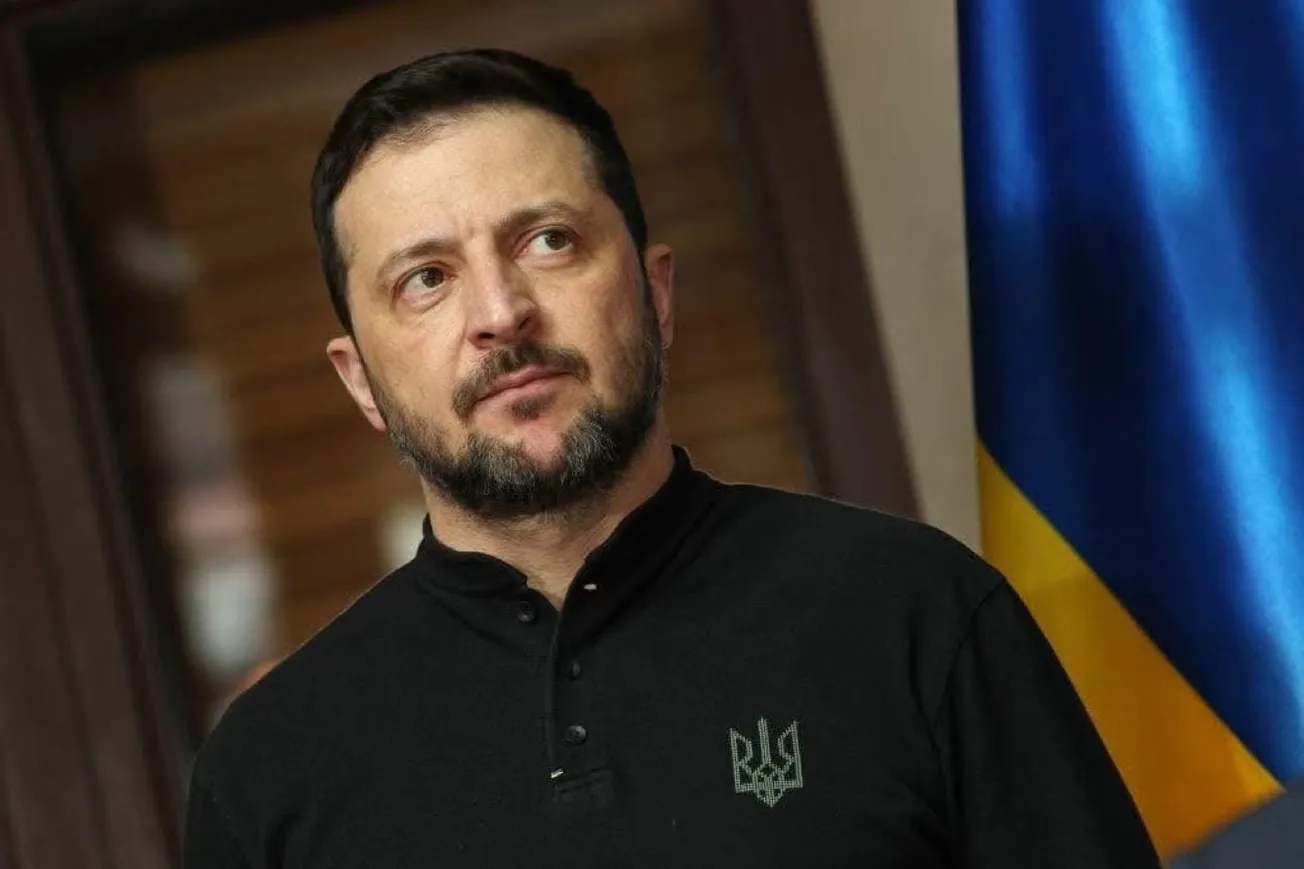The German newspaper Bild ran a story this week that was rather unusual: Bundeswehr criticizes the Ukraine army for the first time.
Despite billions of dollars in arms transfers to Ukraine, including Leopard tanks, an internal report from the German armed forces leaked to Bild has summarized that the Ukraine offensive against the Russian attackers is not going as planned.
It is an extraordinary admission by Germany that its unilateral posture of support to Ukraine - repeatedly expressed by Chancellor Olaf Scholz, Foreign Minister Annalena Baerbock, and EU President Ursula von der Leyen, all of whom have crisscrossed the world practically wearing a Ukrainian flag - doesn't have much to show for progress on the ground.
The Bundeswehr holds the same stature as the American Pentagon. In February, German Defense Minister Boris Pistorius announced an increase in his budget by as much as $10.7 billion. The move surprised everyone, including the military-industrial complex in Germany, because, for decades, Germany's defense budgets barely kept up with inflation. The Russian invasion of Ukraine had changed the German government's calculus.
Meanwhile, in Washington, Secretary of State Antony Blinken confessed to CNN's Fareed Zakaria on Sunday that it was tough going for Ukraine.
These are still relatively early days of the counteroffensive. It is tough. The Russians have put in place strong defenses.
While there was a lot of snake-oil-selling talk, Blinken acknowledged that shipping weapons to Ukraine, including F-16s, alone was insufficient:
It's the training. It's the maintenance. It's the ability to use it in combined arms operations. All of that takes time. If a decision were made to actually move forward on the F-16s tomorrow, it would be months and months before they were actually operational.
Pressed further, Blinken said:
We believe that what they have and what they've been trained on is what they need to be effective, including dealing with the Russian mines. But it is hard going.
The West has committed to sending over $200 billion in sophisticated arms, but Ukraine's fabled counteroffensive has barely budged for over six weeks. Thousands of Ukrainian soldiers are dying, many more are wounded, and billions of dollars of Western weaponry are being sacrificed to prolong the war. President Biden continues to stay the course, with another injection of weapons to Ukraine this week. It's not just President Biden who thinks this way. The entire Republican establishment and Democrats in Congress believe that staying the course and equipping Ukraine is the only sane approach.
In a page-1 piece earlier this week, The Wall Street Journal summed up the Western military strategy this way.
When Ukraine launched its big counteroffensive this spring, Western military officials knew Kyiv didn't have all the training or weapons—from shells to warplanes—that it needed to dislodge Russian forces. But they hoped Ukrainian courage and resourcefulness would carry the day. They haven't.
To many in the world that have refused to condemn Russia's actions in Ukraine, the West looks like it is readily sacrificing Ukrainian lives so that Western blood is not at risk. The West seems to have outsourced its efforts to weaken Russia by splurging Ukraine with weapons, money, and promises to rebuild - so that Russia will be too weak to even consider invading a NATO country. It is a deeply-troubling approach that demonstrates the West's immorality and hypocrisy because the justification of this support is substantially moral: We should help Ukraine defend its sovereignty.
The costs to Ukraine are more than just the loss of life and limb. According to the United Nations High Commission on Refugees (UNHCR), six million refugees from Ukraine have resettled, mainly in Europe, the largest migration since World War II. Many refugees have reported a severe drop in living standards as their inability to speak the language of their destination country, high inflation, and worsening economic conditions (Germany is in a recession; the UK may enter one) make it impossible to assimilate. Frustrated, several are planning their return to Ukraine, but the continued stalemate on the battlefield is destroying those hopes.
Even if safety is assured, to what will the Ukrainians return? Bakhmut, a sprawling city before the war, was reduced to hopeless rubble in the brutal battles of May. When will life in Bakhmut - schools, churches, parks, hospitals, office buildings - be restored?
President Biden continues prosecuting this war because not doing so would open him to political attacks as America prepares to vote in 2024. Even a friendly press will likely bombard the administration with questions like: If Russia continues to hold more Ukrainian land than before February 2022, did America lose? Is Ukraine a worse chapter than the Afghan withdrawal? What does America have to show for its $120 billion spend? Will Ukraine become part of NATO? If not, did Russia win after all? If yes, does it mean America will send its armed forces to defend Kyiv?
The Biden administration still believes that peace discussions are too premature. It is a head-scratching position until we understand why the President is holding on to it. Biden should not be seen to fail, although Ukrainians are dying. Deja vu Vietnam.
Related
